



Arabic text copyright 1996 by Jawdat Fakhreddine Introduction and English translations copyright 2017 by Jayson Iwen and Huda Fakhreddine All rights reserved Manufactured in the United States of America First Edition 17 18 19 20 7 6 5 4 3 2 1 For information about permission to reuse any material from this book, please contact The Permissions Company at . Publications by BOA Editions, Ltd.a not-for-profit corporation under section 501 (c) (3) of the United States Internal Revenue Codeare made possible with funds from a variety of sources, including public funds from the Literature Program of the National Endowment for the Arts; the New York State Council on the Arts, a state agency; and the County of Monroe, NY. Private funding sources include the Lannan Foundation for support of the Lannan Translations Selection Series; the Max and Marian Farash Charitable Foundation; the Mary S. Mulligan Charitable Trust; the Rochester Area Community Foundation; the Steeple-Jack Fund; the Ames-Amzalak Memorial Trust in memory of Henry Ames, Semon Amzalak, and Dan Amzalak; and contributions from many individuals nationwide. Cover Design: Daphne Morrissey Cover Art:
Sunset Over Beirut by Ali Fakhreddine Interior Design and Composition: Richard Foerster Manufacturing: McNaughton & Gunn BOA Logo: Mirko Library of Congress Cataloging-in-Publication Data Names: Fakhr al-Dein, Jawdat author. translator. | Iwen, Jayson, 1974 translator. | Fakhreddine, Jawdat. Poems. Poems.
Selections. English. | Fakhreddine, Jawdat. Poems. Selections. Title: Lighthouse for the drowning : poems / by Jawdat Fakhreddine ; translated from the Arabic by Huda Fakhreddine and Jayson Iwen.
Description: First edition. | Rochester, NY : BOA Editions, Ltd., 2017. | In English and Arabic. | Originally published in 1996 under the title: Manearah lil-ghareiq. Identifiers: LCCN 2016049058 | ISBN 9781942683391 (pbk. paper) Classification: LCC PJ7824.A363 A2 2017 | DDC 892.7/16dc23 LC record available at https://lccn.loc.gov/2016049058  BOA Editions, Ltd. 250 North Goodman Street, Suite 306 Rochester, NY 14607 www.boaeditions.org A. 250 North Goodman Street, Suite 306 Rochester, NY 14607 www.boaeditions.org A.
BOA Editions, Ltd. 250 North Goodman Street, Suite 306 Rochester, NY 14607 www.boaeditions.org A. 250 North Goodman Street, Suite 306 Rochester, NY 14607 www.boaeditions.org A.
Poulin, Jr., Founder (19381996) Table of Contents
Guide
Introduction When
Manaraton lil ghariq (
A Lighthouse for the Drowning) was published in 1996, its critical reception established Jawdat Fakhreddine as one of the most consequential of the second generation Arab Modernist poets. Though Fakhreddine had published five well-regarded collections of poetry prior to
Lighthouse, the general consensus was that with
Lighthouse he had achieved a breakthrough not only in his personal style but for the poetic language of his generation. By the middle of the twentieth century, Arabic poets were generally aligning themselves with one of two camps; they either modeled their work after the Classical Arabic tradition or rebelled against that tradition in a manner consistent with the values of the international Modernist movement. In response to this situation, Fakhreddine and his contemporaries began searching for ways to balance foreign imperatives with those of the Classical Arabic tradition, and the appearance of
Lighthouse introduced a new way to do so. To help readers unfamiliar with the Arabic poetic tradition gain a better understanding of Fakhreddines accomplishment, we will highlight several characteristics of
Lighthouse that would not likely be noticeable otherwise. The first is that nearly every poem in the book begins with an allusion to a Classical Arabic poem, sometimes a poem that has become almost commonplace in daily Arabic parlance.
Fakhreddine then personalizes and adapts the spirit of that poem to the conditions of his own life. One could say, in a sense, that he translates the formal, Classical poem into an informal, private confession, in language that eschews affectation and pretense. The result is something like an anthology of intimately innovative cover songs that have all been performed by Fakhreddine, in his own living space, for the ostensible audience of himself. The simplicity and intimacy of the verse in Lighthouse distinguishes it from contemporary Arabic verse that relies on intentional devices, such as extra-ordinary imagery, rhyme, meter, or typography, to identify itself as poetry. Though the poems in Lighthouse do, in fact, employ meter (often the meter of the Classical poems to which they allude), they do so in such a subtle fashion that it wouldnt be readily discernible to casual Arabic readers. Lighthouse is essentially an extended meditation on the nature of poetry and its relation to ones experience of time and the material world. Lighthouse is essentially an extended meditation on the nature of poetry and its relation to ones experience of time and the material world.
Fakhreddine wrote Lighthouse during a period of time that he considered to be the likely center of his lifespan, as implied in the poem Forty. The book represents a reappraisal of his life and calling, both of which had been significantly altered by then. Fakhreddine had experienced at least three major readjustments in his life prior to the composition of Lighthouse. The first occurred in his youth, when his homeland of Southern Lebanon became a theater of war with Israel, causing him to relocate to Beirut, where he began his postsecondary education in the sciences, eventually earning a masters degree in Physics, which he then taught at the high school level for over ten years. During this time, he continued to write and publish poetry, and was encouraged by the poet Adonis to pursue postgraduate work in literature. Adoniss encouragement eventually led to another significant readjustment in his life, from a career in the sciences to one in the arts, ultimately resulting in his attainment of a PhD in Arabic Literature and a professorship at The Lebanese University.
His third readjustment occurred during the Lebanese Civil War, when he temporarily emigrated to The United States. It was during this exile in America that Fakhreddine began work on what would eventually become Lighthouse for the Drowning, completed five years after his return to Lebanon. We had initially considered translating a representative selection of Fakhreddines poetry from across his career, but instead decided to translate the single text of Lighthouse in its entirety, first, to pay homage to the significance of the book, and, second, to provide readers a sense of the tone and development of the poems in relation to each other as they accumulated chronologically over this pivotal period in Fakhreddines life. An unanticipated side effect of our decision to work on poems that had been composed in overlapping psychological states, due to their proximity in time, was that it greatly aided us in our translation, as we will later elaborate. We encountered all the challenges endemic to translation, foremost among them the inconvenient fact that there is no direct correspondence in meaning between any two words of any two languages, so one will often encounter situations such as we did in the poem Seas, where the Arabic word bahr has a primary meaning of sea and a secondary meaning of meter, making a literal translation not only undesirable but impossible. As daunting as such an obstacle might seem, any resourceful translator can negotiate it with at least tolerable success (in the case of Seas, we periodically translated bahr as wave(s), to suggest both rhythm and bodies of water).

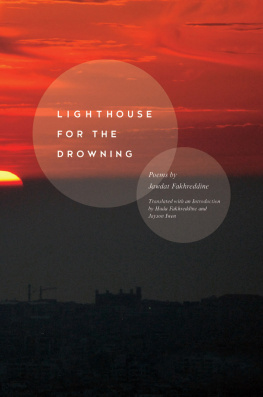
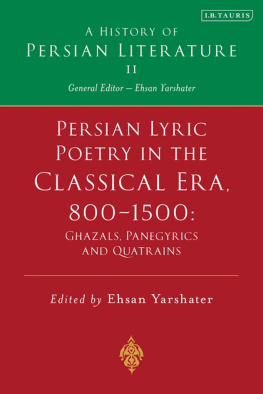
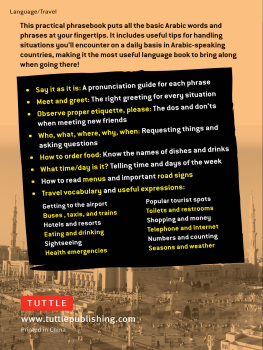

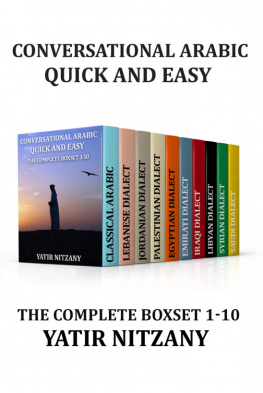
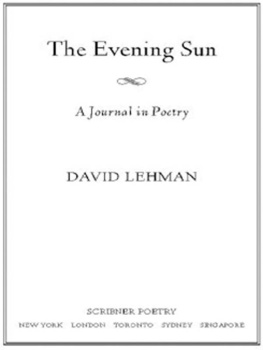
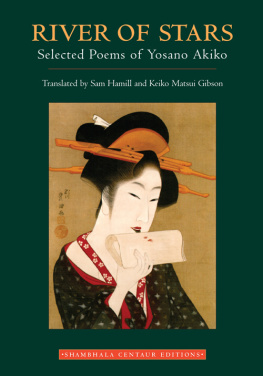
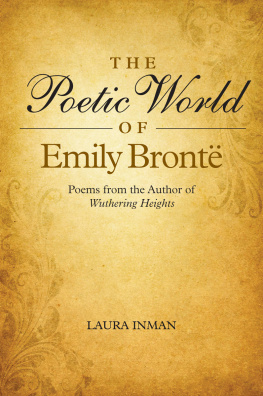
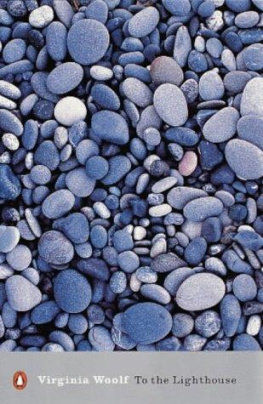
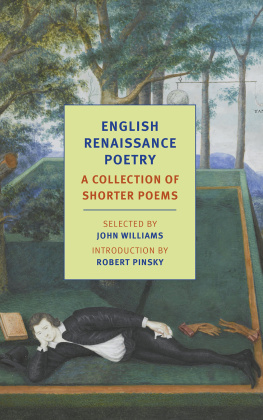
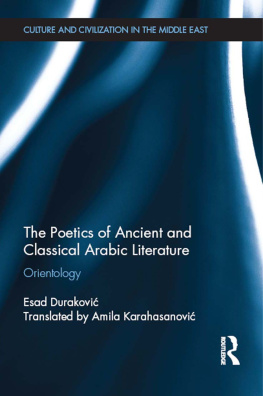





 BOA Editions, Ltd. 250 North Goodman Street, Suite 306 Rochester, NY 14607 www.boaeditions.org A. 250 North Goodman Street, Suite 306 Rochester, NY 14607 www.boaeditions.org A.
BOA Editions, Ltd. 250 North Goodman Street, Suite 306 Rochester, NY 14607 www.boaeditions.org A. 250 North Goodman Street, Suite 306 Rochester, NY 14607 www.boaeditions.org A.